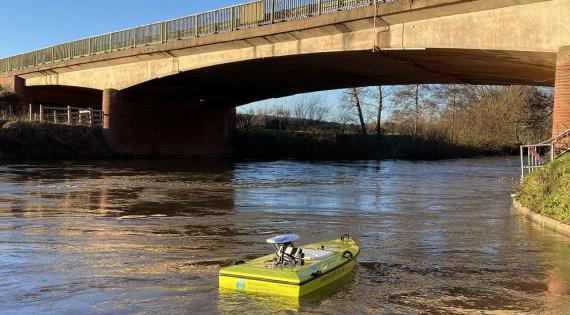Welcome to the Data-driven approaches to hydrological science student resources page. We are pleased to share a selection of the keynotes, virtual fieldtrips and PowerPoints from this year's 2025 course as well as content from 2024 and 2023.
As we move through the week, we will be updating this site and adding new resources for you to view at your leisure.
We hope you enjoy the course!
